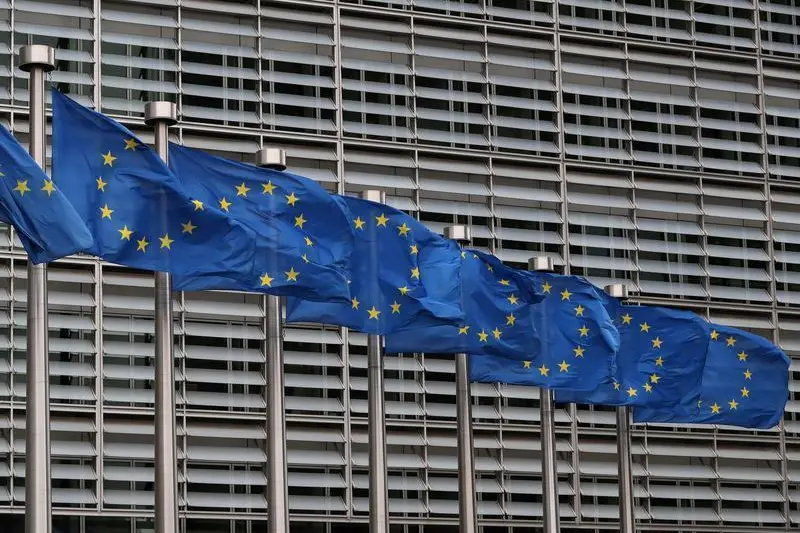PHOTO
BRUSSELS - European Union energy regulators were unable to launch a planned liquefied natural gas (LNG) price assessment by a Friday deadline because they did not receive enough data from market participants.
The price assessment by the EU Agency for the Cooperation of Energy Regulators (ACER) is to be the first step in the EU's plan to launch a new European benchmark piece for LNG, which Europe is switching to, to replace Russian pipeline gas.
Once established, gas market participants could use the new benchmark as the basis for LNG contracts, which have historically been pegged to the TTF gas benchmark for pipeline gas that became highly volatile in the last year.
But ACER was not able to publish its first daily LNG price assessment as planned on Friday, because only two of nine transactions reported to the regulator were eligible for inclusion.
That was not enough to form a LNG price assessment, ACER said in an update on its website.
ACER did not immediately respond to a request for comment on why most of the received data could not be used. It has previously said it expected a low number of LNG transactions to be reported.
The price assessment aims to form the basis for ACER to then launch a daily European LNG benchmark price by the end of March.
A European Commission spokesperson said on Monday the LNG price benchmark would be "built over time" in line with a regulation EU countries agreed in December.
"It will result by April in a new LNG benchmark to enhance the EU gas market's transparency. We count on ACER to implement it and deliver on the legal requirements of the regulation," the spokesperson said.
After a year of volatile gas prices driven by Russia slashing gas supplies to Europe, Brussels wants to make LNG pricing more transparent to avoid EU countries bidding against each another for supplies and potentially driving up prices further.
The Dutch Title Transfer Facility (TTF) gas hub price has historically been used as a benchmark for LNG deliveries into Europe. The TTF is guided by gas pipeline supply and the EU says this price no longer represents a European market that includes more LNG.
(Reporting by Kate Abnett, editing by David Evans)





















